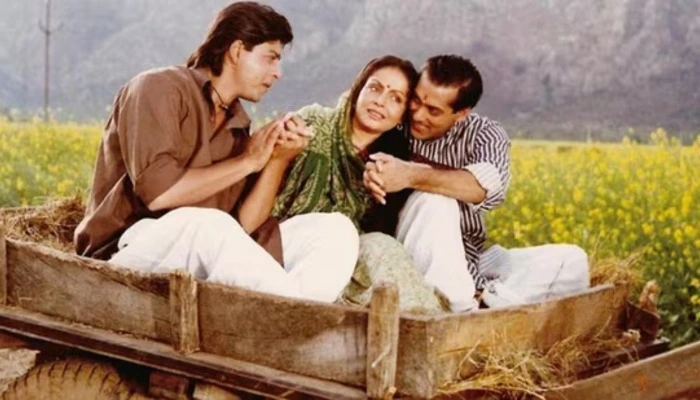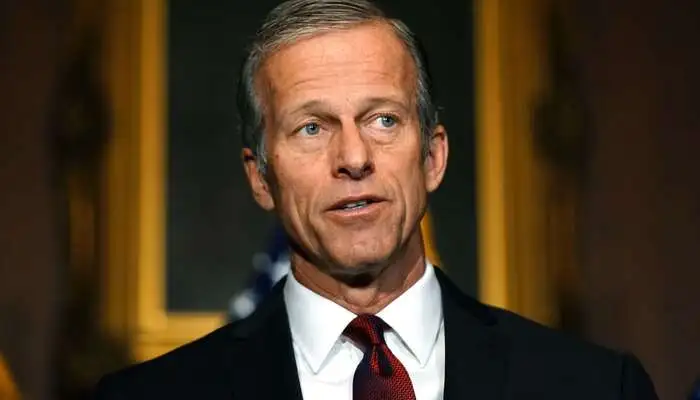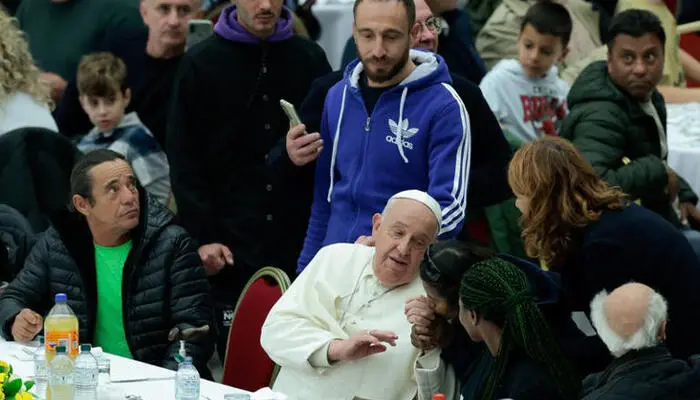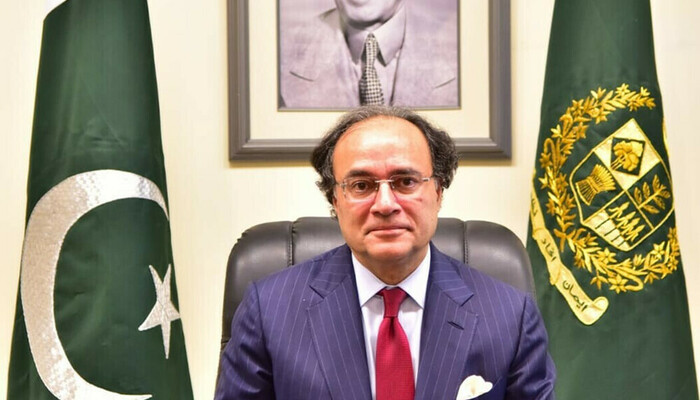
ISLAMABAD: The federal government is moving to reduce the electricity tariff by up to Rs10 after terminating power purchase agreements with five Independent Power Producers (IPPs). This decision is expected to save the national exchequer Rs411 billion, according to officials.
Energy Minister Awais Leghari announced this development during a press conference following the federal cabinet’s meeting in Islamabad. He stated, “We will reduce the power tariff after mutual consultation with power generation companies.”
Earlier in the day, Prime Minister Shehbaz Sharif revealed that five IPPs had “voluntarily” agreed to cancel their agreements with the federal government. This cancellation is projected to save the government Rs60 billion annually, a significant relief for an economy burdened by high power costs.
Rising Electricity Costs
The rising electricity costs have been a hot political issue. Opposition parties have used public frustration over high tariffs to criticize the government’s energy policies, especially its agreements with IPPs.
High electricity tariffs disproportionately affect the middle and lower-income segments of society, leading to public outrage. As dissatisfaction grows, so does the erosion of trust in the government’s ability to handle the energy crisis.
Analysts believe renegotiating agreements with local and international IPPs could significantly lower tariffs. This, in turn, would boost industrial competitiveness and restore public confidence in the government’s economic management.
Providing further details, Energy Minister Awais Leghari explained that the government had conducted a survey to determine which power plants were no longer necessary. “We initiated talks with five IPPs and studied the power agreements,” he said, adding that the discussions were based on mutual consultation.
He emphasized that the decision would provide Rs60 billion in annual relief to electricity consumers and cumulatively save Rs411 billion for the national exchequer.
The minister expressed optimism about achieving the target of reducing the power tariff by Rs8-10 per unit within a few months. He also highlighted other measures being undertaken to ease the financial burden on the masses.
In addition, Leghari acknowledged the support of Chief of Army Staff (COAS) General Asim Munir in renegotiating the IPP agreements. “We will now look forward to working with the remaining IPPs,” he added.
ISMO’s Establishment
Another major development announced by the energy minister was the creation of an Independent System and Market Operator (ISMO). He described ISMO’s establishment as a “major win” for his ministry. “After its operationalisation, consumers will be able to buy electricity like shares,” Leghari explained.
The previous day, the Cabinet Committee on Energy (CCoE) approved the creation of ISMO. This independent, multiplayer market for power generation and purchasing is expected to foster a competitive environment. Over time, the government aims to gradually end its role as the sole purchaser of electricity.
“We are creating an independent environment for the sale and purchase of electricity,” Leghari stated. He further noted that power purchasers would no longer be solely dependent on the Central Power Purchasing Agency (CPPA-G).
Leghari also shared that the government was considering introducing a program to boost electricity usage in the winter. “A decision will be made after consulting all stakeholders,” he added.
This series of reforms signals a new direction for the country’s energy sector, with the aim of reducing costs for consumers while fostering a more competitive market.
Follow us on Google News, Instagram, YouTube, Facebook,Whats App, and TikTok for latest updates










